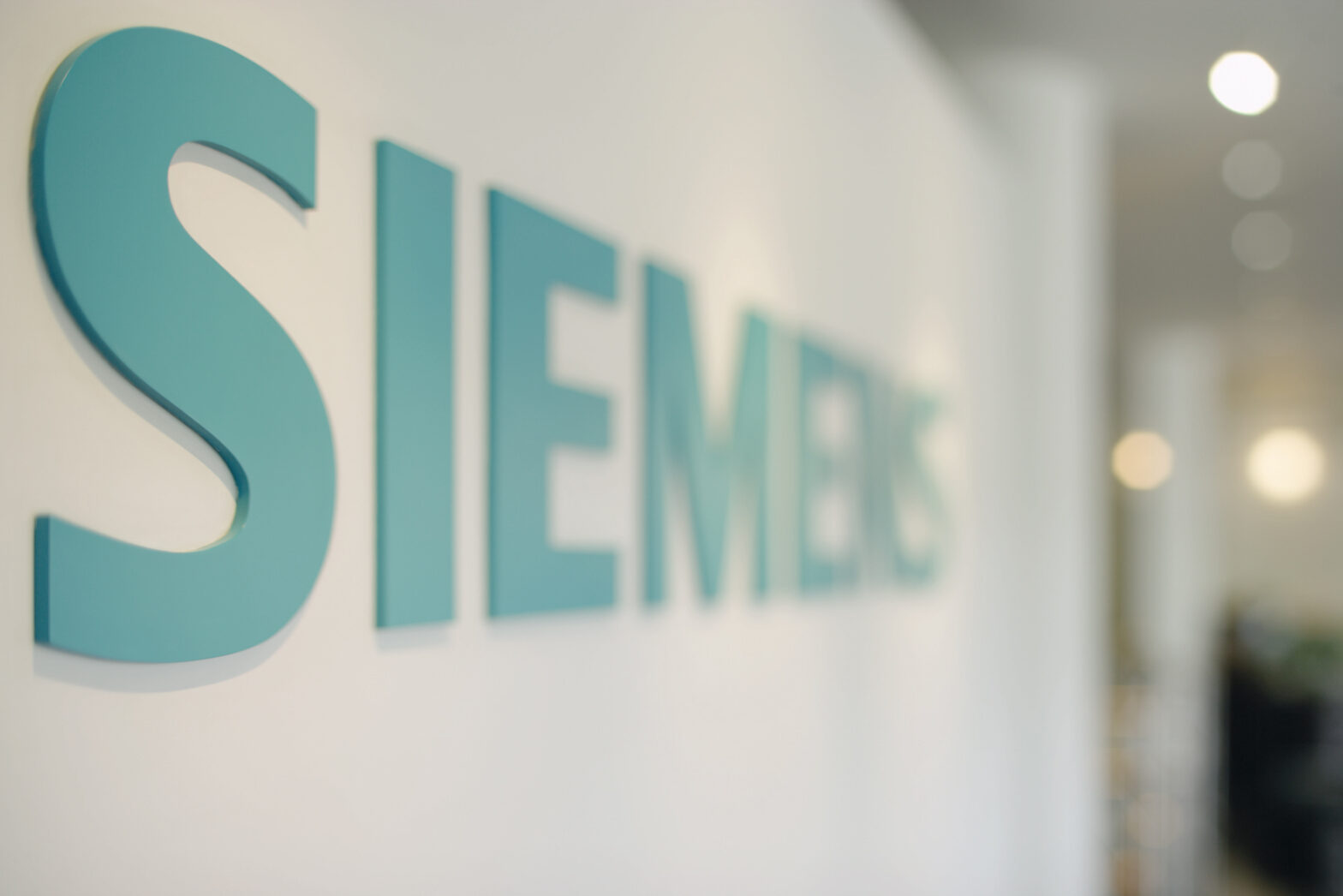Engineering and electronics conglomerate Siemens will deploy a unified big-data architecture to enhance its manufacturing process and product quality.
With the new technology, Siemens will be able to combine and analyse data from sensors, machine data and its manufacturing process, along with data from various source systems.
In a move to prepare for the Internet of Things, which will see conventional objects become smart devices through the attachment of internet-connected sensors, the solution will allow Siemens to transform big data into smart data and subsequently optimise its products.
“We can now recognise the value within our data more quickly and efficiently,” said Dr Michael May, head of technology field business analytics and monitoring at Siemens.
As a part of a company-wide initiative, the Siemens Corporate Technology group will deploy Teradata’s Unified Data Architecture (UDA), which includes a data warehouse appliance, an integrated discovery platform, and a Hadoop appliance.
>See also: Teradata launches new database to help businesses monetise the Internet of Things
Teradata Professional Services will assist Siemens to implement the solution and integrate various data sources, as well as training.
The UDA framework enables organisations to take advantage of the complete variety of data – both traditionally structured (through the data warehouse appliance) and new, diverse data (through the Hadoop appliance), brought together by the Aster Discovery Platform's cross-analytic engine optimisation.
Depending on the analytical purpose, the UDA will allow Siemens to combine and analyse different types of data on the most suitable platform. These systems are designed to allow for data growth, the integration of new data types, and increasingly complex analytics.
>See also: Next big thing: Preparing for the Internet of Things in the enterprise
“The Teradata UDA makes it possible for the company to combine industrial data, including multi-structured big data, with conventional data, and analyse every possible combination,” said Hermann Wimmer, president of Teradata’s international region.
“Siemens can extract the highest value from its data and lay the foundation for further innovations.”







